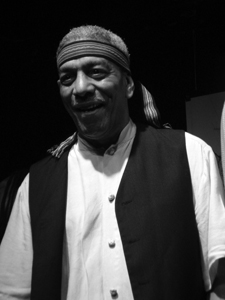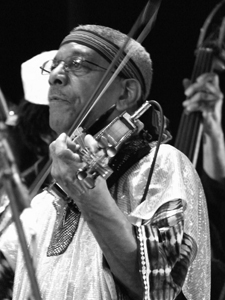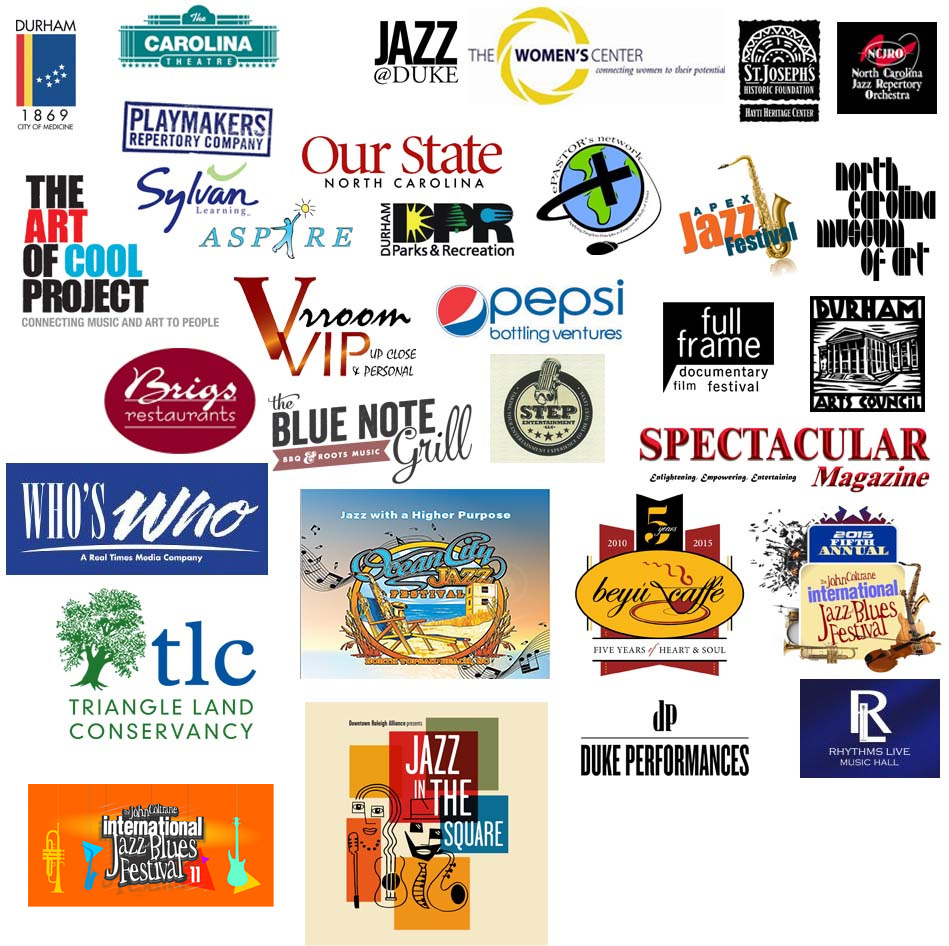Billy Bang
 Born William Vincent Walker in Mobile, Alabama in 1947, his family moved to New York City’s Harlem while he was still an infant. In junior high school he was nicknamed Billy Bang after a cartoon character, and over his initial protests, it stuck. Around the same time, his primary interest turned to music, and he took up the violin, switching to percussion in the early ’60s when he became captivated by Afro-Cuban rhythms. While attending a Massachusetts prep school under full scholarship, he met and began playing with fellow-student, folk-singer Arlo Guthrie.
Born William Vincent Walker in Mobile, Alabama in 1947, his family moved to New York City’s Harlem while he was still an infant. In junior high school he was nicknamed Billy Bang after a cartoon character, and over his initial protests, it stuck. Around the same time, his primary interest turned to music, and he took up the violin, switching to percussion in the early ’60s when he became captivated by Afro-Cuban rhythms. While attending a Massachusetts prep school under full scholarship, he met and began playing with fellow-student, folk-singer Arlo Guthrie.
Drafted into the army following graduation, Bang was sent to Vietnam, an experience that profoundly affected his life, often quite painfully. Returning home and radicalized, Billy became active in the anti-war movement, and by the late ’60s had returned to music.
Heavily inspired by the exploratory fire of John Coltrane, Eric Dolphy, Ornette Coleman and the liberating energy of the free-jazz movement, Bang returned to the violin as his principal means of expression. Attending New York’s Queens College, and studying privately with renowned violinist Leroy Jenkins, Bang became a key member of the dynamic New York avant-garde scene of the ’70s. Forming his own group, The Survival Ensemble, and working with artists like David Murray, Frank Lowe, William Parker and the legendary Sam Rivers, Billy began to reach an international audience in 1977 with the String Trio, remaining with the cooperative ensemble for nine years.
During these same years he continued to tour and record with his own ensembles, as well as genre-busting ensembles like The Decoding Society and Bill Laswell’s Material (alongside guitar giant Sonny Sharrock). He even briefly led his own funk-oriented band, Forbidden Planet, and in 1981 taught at the University of Nebraska.
He continued to work and collaborate with notables like Murray, Don Cherry and James ‘Blood ‘ Ulmer, and in 1982 began a ten-year association with the incomparable Sun Ra, concluding with a 1992 quartet recording for Soul Note, “A Tribute to Stuff Smith,” dedicated to the father of the jazz violin. In 1990, Bang formed the Solomonic Quartet with trumpeter Ahmed Abdullah, and continued to freelance and lead his own groups.
Relocating to Berlin in 1996 where he lived until 2000, Bang criss-crossed the Atlantic frequently, performing all over Europe and doing five tours through the South and Midwest with percussionist Abbey Rader, three of which included tenorman Frank Lowe. He also began a regular working relationship with percussionist Kahil El’Zabar in 1996, performing in duet, and sometimes as a trio with esteemed Art Ensemble of Chicago co-founder and bassist Malachi Favors Maghostut.
His CD (released in October 2001) titled “Vietnam: The Aftermath” evokes and confronts the memories of his Vietnam experiences and showcases the fine compositional skills that have always marked his own recordings.
Returning to New York in 2000, Bang continued his busy schedule, touring Europe in the Fall of 2001 with David Murray, continuing a musical interaction that has lasted over 25 years with a series of concerts and a collaborative dance work in Birmingham, England.
He also toured Europe in November 2001 and the U.S. in January 2002 in duet with El’Zabar.
A dazzling improviser, excellent composer, and provocative leader, Billy Bang remains on the cutting-edge of jazz expression.

